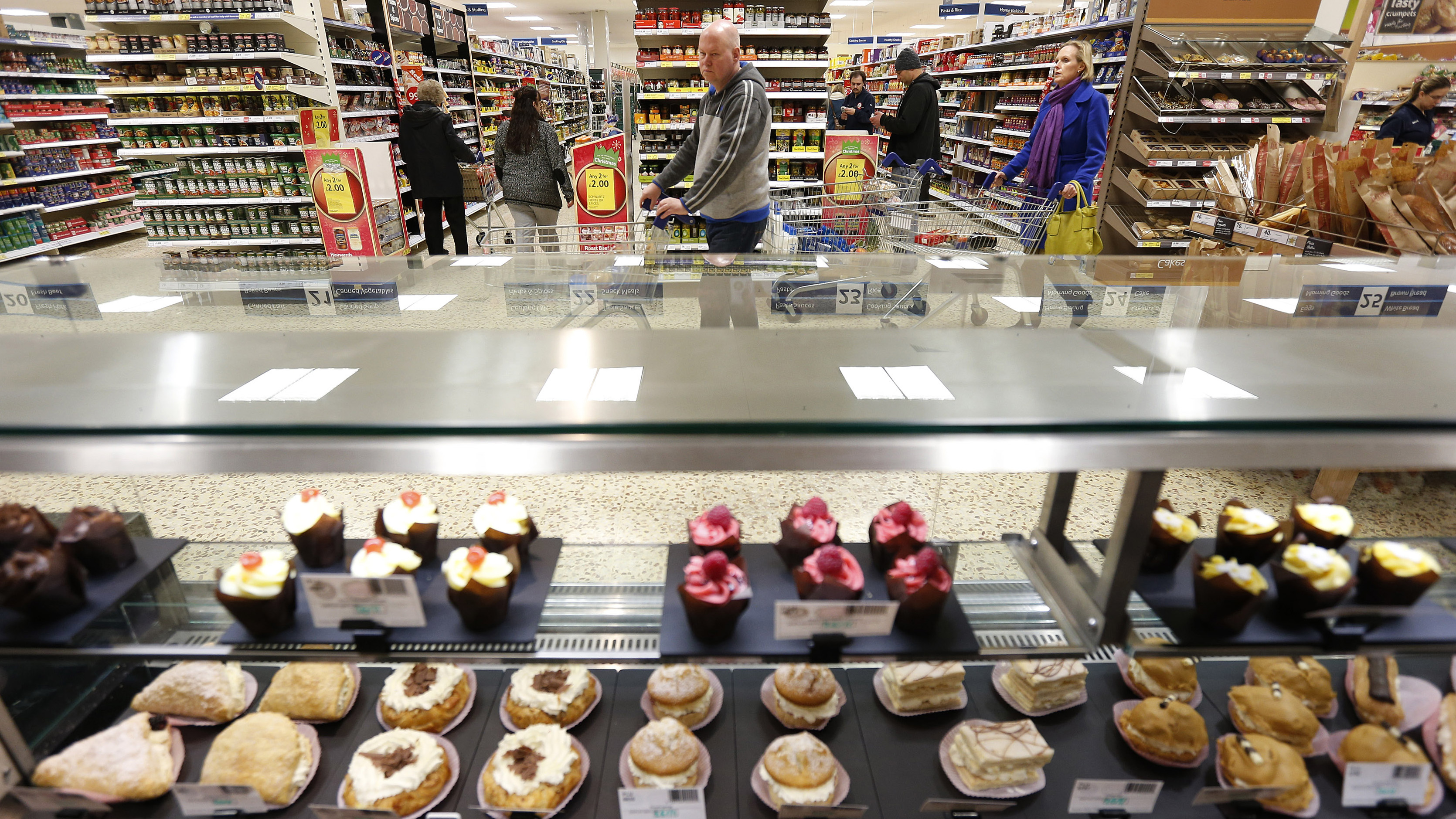Eat, drink, shop as Tesco buys Giraffe restaurants
First coffee shops, then a bakery – now a family restaurant chain: supermarket giant Tesco says it wants to make branches warmer and more welcoming. But will its strategy pull customers in?

Profits are down, customers are turning away: now Tesco has a new strategy – family-orientated restaurants and “independent” coffee shops. The supermarket giant has just acquired a 100 per cent stake in Giraffe, for up to £50m.
According to Tesco Commercial Director Kevin Grace, “Giraffe is hugely popular with a wide range of ages and particularly families – we think our customers will love it.” They plan to open some new branches inside their larger stores, where business has been flagging, in the hope of making them “warmer and less clinical”.
Giraffe was founded in 1998 by Russel and Juliette Joffe, and now has 48 branches including one in Dubai. The Joffes, who have sold their majority stake, will stay involved an advisory role, saying they welcomed the chance to introduce Giraffe to a wider audience.
The restaurant chain had a similar line, when contacted for a reaction.
@felicityspector It’s a hugely exciting partnership and we feel they are the right people to grow our brand.
— giraffe restaurant (@giraffetweet) March 13, 2013
It’s not the first foray by Tesco into the cafe scene. It has already invested in the small coffee chain Harris+Hoole, suprising customers who thought it was indpendently run. There are plans to double the number of outlets, with a blitz of new openings across London.
Tesco has also invested an undisclosed amount in a small London-based bakery chain, Euphorium, and plans to sell its bread and cakes in some London stores: there is already a concession in its largest Kensington branch.
Bakery buy-out
Faced with disquiet from some Harris+Hoole customers who had not realised the shops were partly funded by Tesco, the supermarket’s Chief Executive Philip Clarke defended its branding on the company’s website.
He said Tesco would back businesses “in which we see an opportunity for their brands to grow with ours.”
But owners of independently run businesses are worried about the financial impact. David Wright, whose Cake Shop Bakery in Suffolk was set up by his grandfather in the 1940s, told Channel 4 News it could mean higher costs all round.
“What tends to happen, even here in Suffolk, is that a multinational company will come in and pay a high rent which then sets a new level for the other landlords”, he said. “It ends up with people like Tesco and Costa Coffee being the only people who can afford it.”
Harris+Hoole chief executive Nick Tolley has denied trying to hide the fact that Tesco is involved, insisting the information was available on the company’s website. “It’s not some kind of subterfuge to mask ourselves as something we’re not”, he said.
As a small business owner, your only defence is to make a real effort, and people do respond to that. David Wright, the Cake Shop Bakery
But Tesco knows it needs to turn around its reputation, which has been badly dented by the horsemeat scandal. New DNA tests on its meat supplies are already set to cost millions, and that is before the impact of falling sales, as new surveys show customers are turning away from processed meat products altogether. On Tuesday the supermarket revealed that a fourth product – 600g packs of Tesco Simply Roast Meatloaf – was being withdrawn after it was found to have between 2-5 per cent of horsemeat.
The store is determined to find a way of redefining its larger branches: providing a space to eat and drink, they believe, is the secret. Kevin Grace said he had taken inspiration from the vast Westfield shopping malls in London, which devote large amounts of space to cafes and restaurants.
Relax, socialise, recharge?
The idea has clearly impressed Grace: “The brands are accessible yet aspirational and the comfortable dining space allows customers to relax, socialise, recharge. It’s not an afterthought – its central to their offer.”
David Wright remains sceptical over the idea that quietly buying up food companies with a better reputation will really help. And, he insisted, smaller firms like his own would not get swallowed up by the influx of multinational giants.
“I have great confidence in consumers, and their ability to sniff out quality”, he said. “We have been supported by the community through everything … as a small business owner your only defence is to make a real effort, and people do respond to that.”
-
Latest news
-
As India goes to the polls in the world’s largest election – what do British-Indians think?6m

-
Tees Valley: Meet the candidates in one of the biggest contests coming up in May’s local elections4m

-
Keir Starmer says public sector reform will be a struggle7m

-
Nicola Sturgeon’s husband Peter Murrell charged with embezzlement of funds from SNP1m

-
Ukraine might finally get $60billion in American weapons and assistance to defend against Russia3m

-




